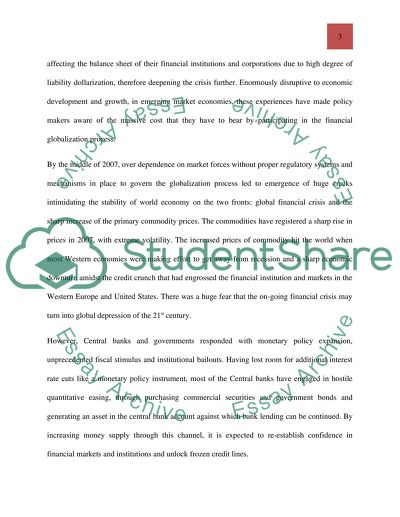Cite this document
(“FSAs Role towards the Collapse of Global Financial Services Industry Essay”, n.d.)
Retrieved from https://studentshare.org/finance-accounting/1472778-with-reference-to-the-events-of
Retrieved from https://studentshare.org/finance-accounting/1472778-with-reference-to-the-events-of
(FSAs Role towards the Collapse of Global Financial Services Industry Essay)
https://studentshare.org/finance-accounting/1472778-with-reference-to-the-events-of.
https://studentshare.org/finance-accounting/1472778-with-reference-to-the-events-of.
“FSAs Role towards the Collapse of Global Financial Services Industry Essay”, n.d. https://studentshare.org/finance-accounting/1472778-with-reference-to-the-events-of.


